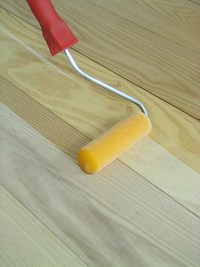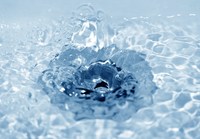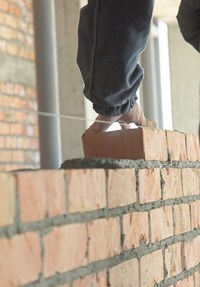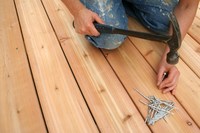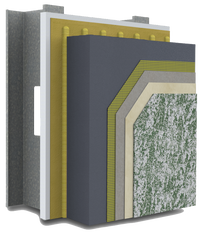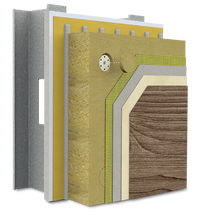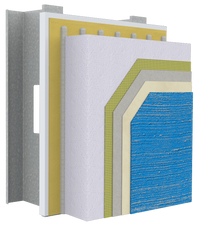Interior & Exterior - Residential - Commercial - Wallpaper Install/Removal - Power Washing
Painting Services

Interior / Exterior
Walls / Ceiling / Trim
Wood Refinishing
Siding (Vinyl and wood)
Deck / Porch
Gutter
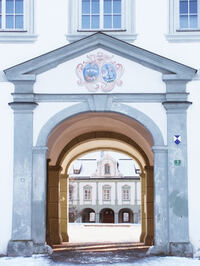
Residential / Commercial
New Construction / Renovation
Office
Hospital / Senior Living
Church and more
Floor laying
Tile Professional Service Flooring Installation
Hardwood Wood Flooring, Vinyl Flooring, & Linoleum Flooring, Laminate Flooring
Vinyl Carpet Installation Tile & Grout Installation Concrete, Brick, & Stone Floors
Carpet All Floor Types
Laminate
Exterior Insulation Finish System (EIFS)
ETICS with Drainage StoTherm® ci Wall Systems StoTherm® ci Systems integrate the following key elements – continuous insulation (ci), air and water-resistive barrier, drainage and a variety of textured finish options to create a superior, sustainable wall cladding. This high-performing, eye-catching system saves energy and stays attractive for years. StoTherm® ci improves indoor comfort and air quality while maintaining maximum curb appeal and lowering overall life-cycle costs. System options include a variety of insulation – GPS, mineral wool, XPS and EPS, and Sto Strike Defense. This additional fortification layer provides outstanding impact and puncture resistance from blunt and sharp objects and mitigates damages from woodpeckers.
Energy Efficiency: If you’ve ever felt the comfort of being wrapped in a warm blanket on a cold winter night, you have some idea of what EIFS can do for a home or building. EIFS wraps the exterior in an energy-efficient thermal blanket. By insulating outside the structure, EIFS reduces air infiltration, stabilizes the interior environment, and reduces energy consumption by 40%. By contrast, traditional “between-the-studs” insulation, no matter how thick, leaves “thermal breaks” — gaps where heat and cold pass more freely between the outdoors and space within — at studs, wall outlets, wall joints, and elsewhere. EIFS can reduce air infiltration by as much as 55% compared to standard brick or wood construction. And since walls are one of the greatest areas of heat and air conditioning loss, improvement in the wall insulation can be very meaningful in terms of energy conservation. What’s more, EIFS adds to the “R-value” of a home or building. (R-value is a measurement of the resistance to heat flow; the higher the R-value, the better the material’s insulating value.) Most EIFS use insulation board with an R-value of R-4 to R-5.6 per inch as the innermost layer in the wall system. When combined with standard wall cavity insulation, this extra layer can boost wall insulation from R-11 to R-16 or more. Another point to keep in mind on new construction: Due to the energy efficiency of EIFS, it may be possible to specify lower-capacity heating and air conditioning equipment without sacrificing anything in terms of interior comfort.

